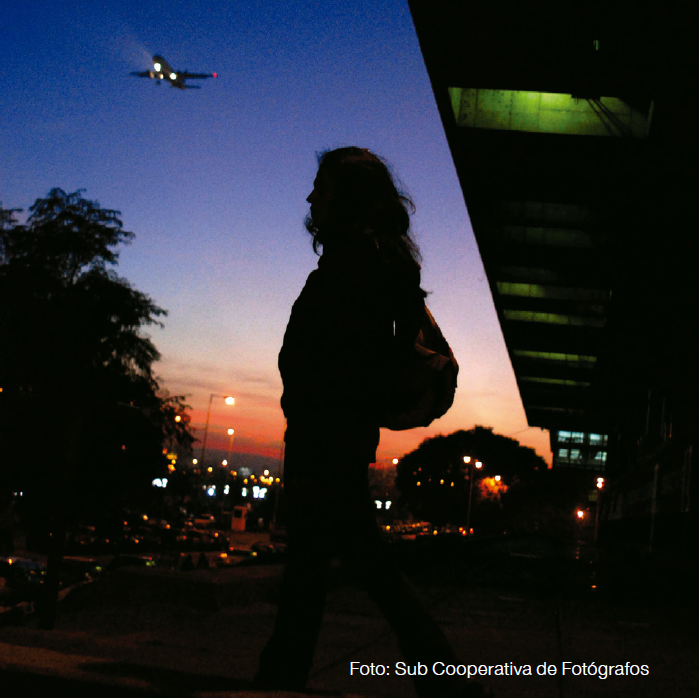A panel of judges from the Federal Administrative Contentious Chamber declared the “constitutional invalidity of Decree 70/2017,” with which the executive branch modified the country’s Migration Law in January 2017.
The vote of the majority considered that the unconstitutionality of the decree stems both from the fact that the executive branch was not justified in using a DNU, and because the measures established are contrary to the human rights of migrants.
The judges stated that the decree “not only constitutes an appropriation of legislative faculties without constitutional justification” but also proposes solutions that are incompatible with constitutional and human rights standards.
Regarding the use of a DNU to reform the Migration Law, the vote of the majority considered that the criteria established in the Constitution to justify that the executive branch exercise the faculties of Congress were not met. In particular, regarding the government’s argument that a supposed “security emergency” justified the reform, the judges argue that the “decree does not present valid reasons – given the deficiencies in its analysis of statistics – to sustain the immediate need to modify the law, bypassing the participation of Congress through the regular legislative process.”
At the same time, the judges consider that the reforms that the DNU introduced into the Migrations Law violate the guarantee of due process and migrant persons’ right to a defense. The sentence refers specifically to the short timeframes for the summary expulsion procedure, to the preventive detentions of migrants and the risk that these could become arbitrary detentions, and the impact on the right to family unity.
In sum, according to the ruling, the decree “establishes a series of restrictions on the right to due process that do not align with its stated purposes. In addition to the flaws in the justification of the necessity for its issuance (and which by themselves would determine its invalidity), it is noted that the measures that constitute the object of the act hold no proportionality or reasonableness with the purposes that are sought to be achieved, since from the link between criminality and migrants that is argued, a summary mechanism for expulsion is established that can be applied to any foreigner, without any consideration to his/her personal circumstances, whether that person has a criminal record or not.”
The judges call special attention to the fact that these rights restrictions affect a group that already finds itself in a situation of vulnerability. In this way, they indicate that “it must also be observed that the group to which these modifications of the Migration Law refer, constitute a vulnerable group, in a situation of inferiority regarding the real and effective exercise of their rights. The decree serves only to perpetuate this situation of submission, with respect to all migrants, since it is not limited to the cases of those who have criminal records or specifically those who have criminal records for infractions of the Narcotics Law.”
The Migration Law was passed in 2004, after a struggle of many years demanding that Argentina have a democratic regulatory framework, and today it is an example at a global level.The government tried to modify it in a regressive sense with regard to human rights and in a unilateral way. This judicial decision prevents this and reaffirms that proposals to reform the regulatory framework must be debated in Congress and that migratory policies must be oriented toward the protection of migrants’ rights.
The judicial case began in February 2017 with a brief filed by CELS, la Comisión Argentina para Refugiados e Migrantes and el Colectivo por la Diversidad.
Subsequently, other individuals and organizations presented themselves before the court: María Lourdes Rivadeneyra Palacios, Koral Trinidad Chota Flores, Bella Karola Macedo Flores, Asociación Civil por la Igualdad y la Justicia, Asociación Civil Instituto Argentino para la Igualdad, Diversidad e Integración, the Ombudsman of the Province of Buenos Aires, the Ombudsman of the City of Buenos Aires, Asociación Civil Derechos Humanos, Mujeres Unidas Migrantes y Refugiadas en Argentina and Asociación Civil Mesa por la Igualdad.
The Asociación de Derechos Civiles (ADC), the Gino Germani Institute of the Social Sciences Department of the University of Buenos Aires and the National Prison Ombudsman’s Office presented themselves as friends of the court (amicus curiae).
Photo: Sub.Coop

